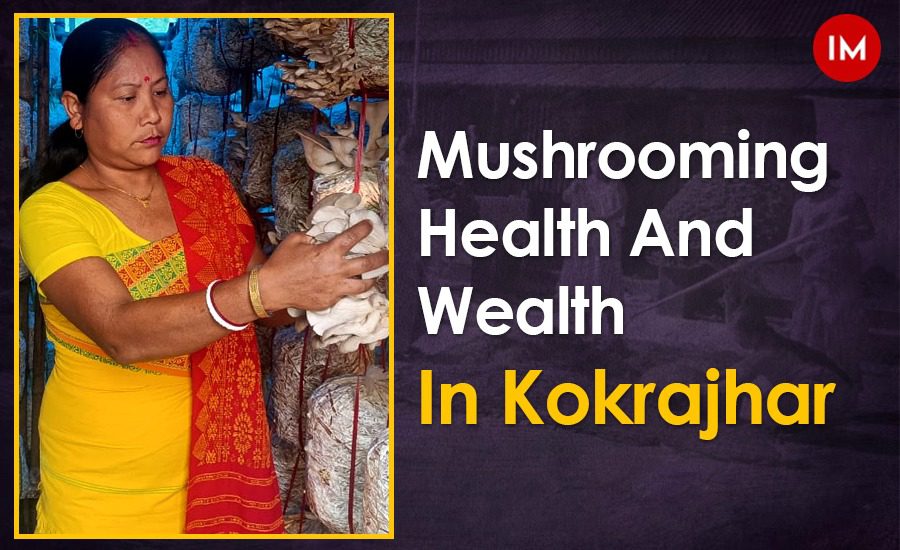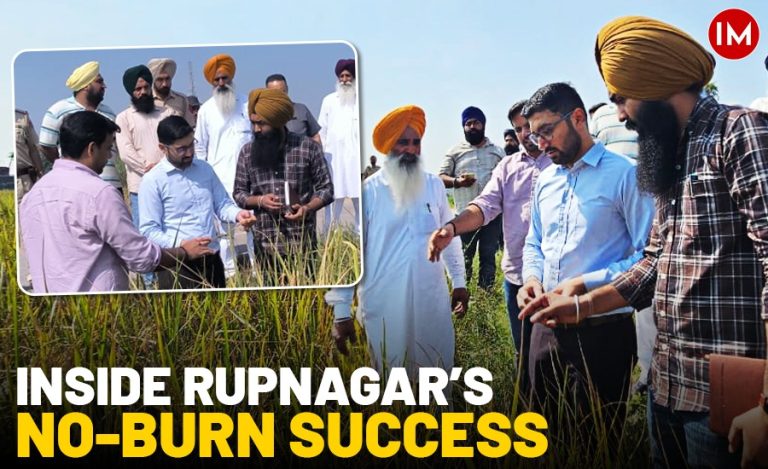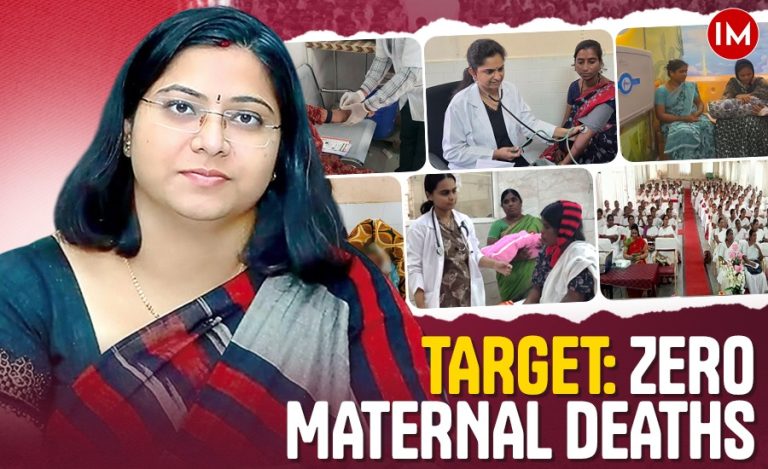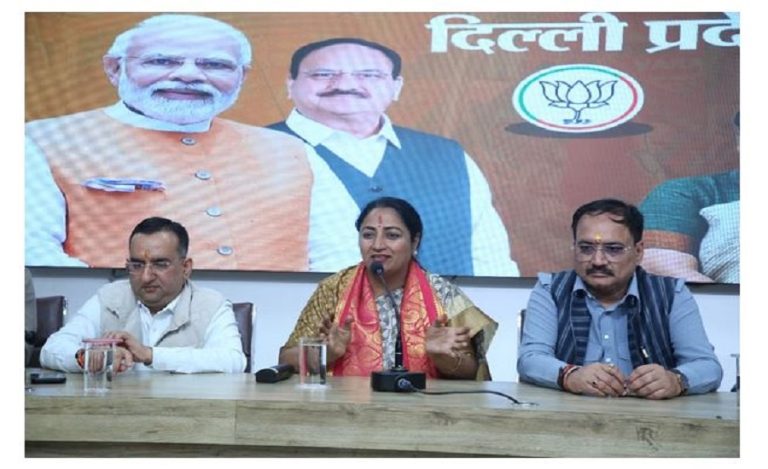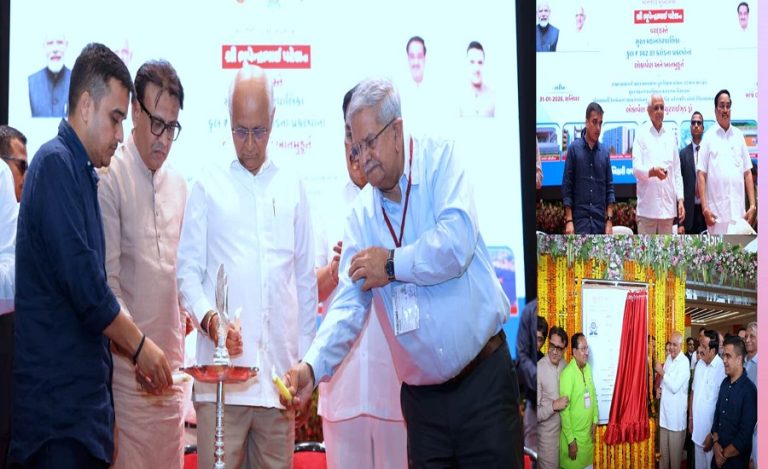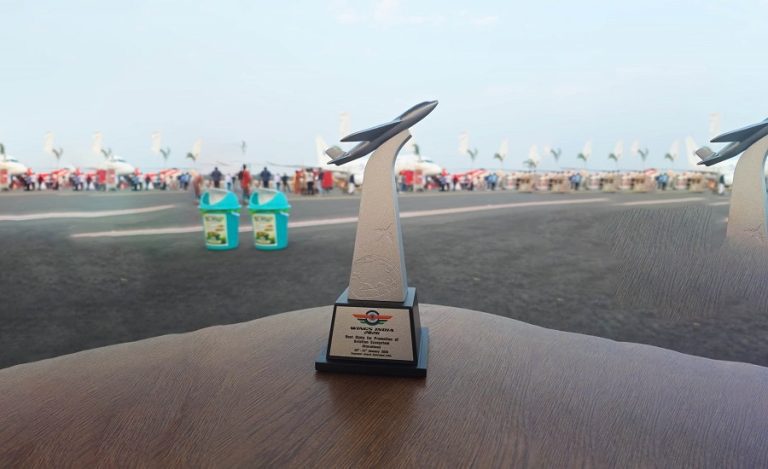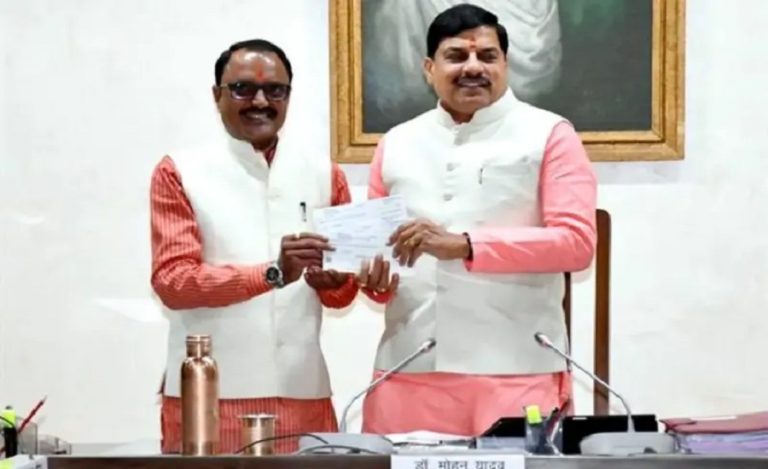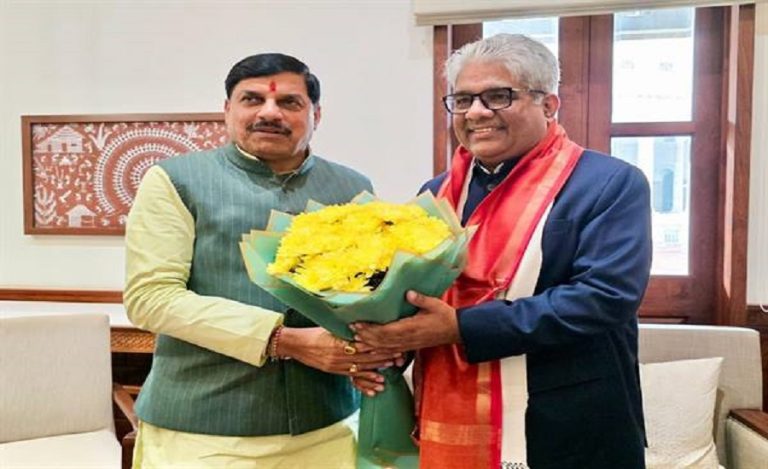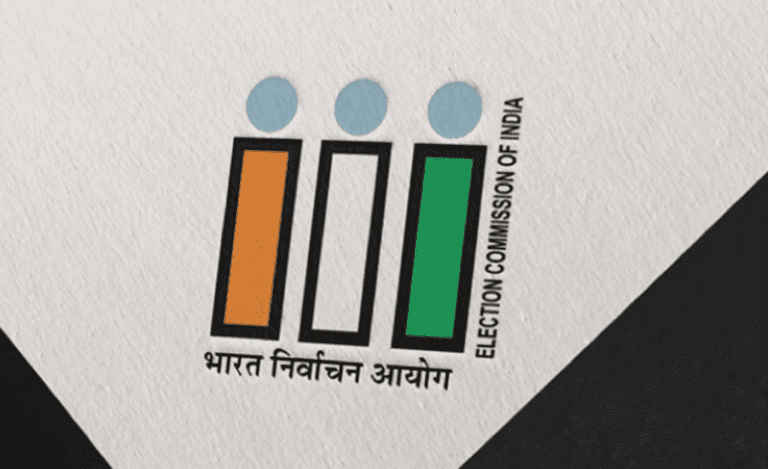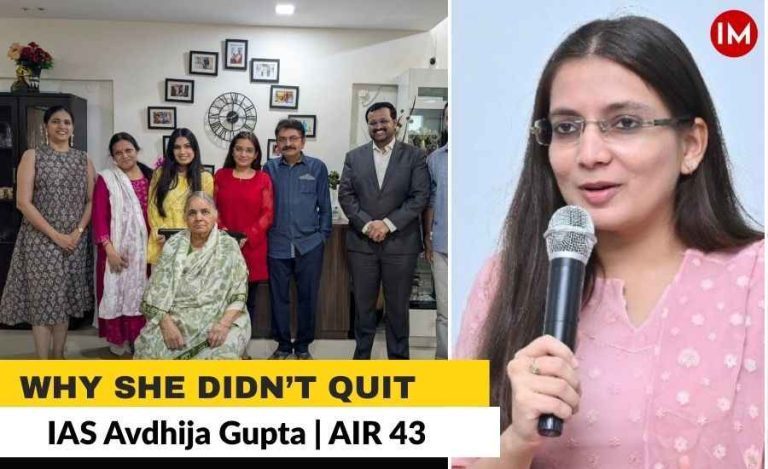Located at the bank of Gaurang river, Kokrajhar is a district in Bodoland Territorial Region (BTR), Assam. The region was struggling with low-income rate and poor nutrition. However, Mushrooms proved to be the panacea for all its problems. Department of Bio-technology of Bodoland University was experimenting with cultivating 23 different species of mushrooms (oyster, cordyceps) since 2012. But, its cultivation changed the lives of thousands of farmers after Ms Varnali Deka joined as DC, Kokrajhar in 2021 and boosted the cultivation & consumption of mushrooms within the district.
CHOOSING MUSHROOMS UNDER ODOP
The Kokrajhar district administration is promoting mushrooms under ‘One District One Product’ ODOP program of the Central government. However, choosing the ODOP was a big challenge. There were number of products vying for the ODOP slot but no decision was taken until 2021. That year Ms. Varnali Deka launched ‘Mushroom Mission’.
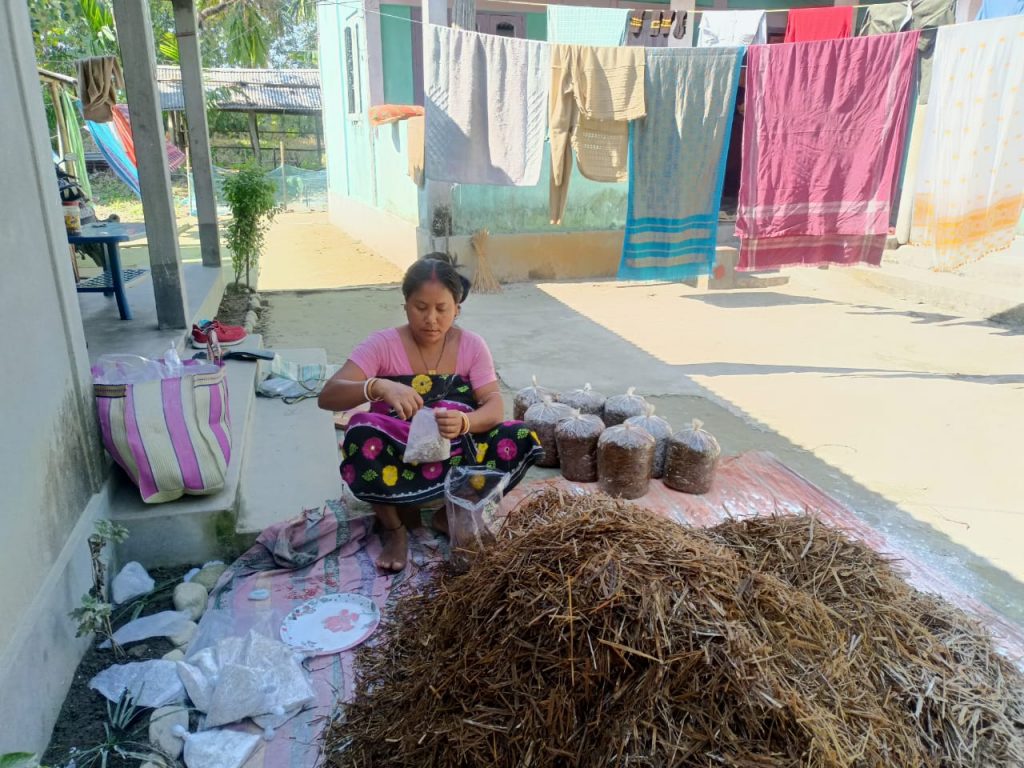
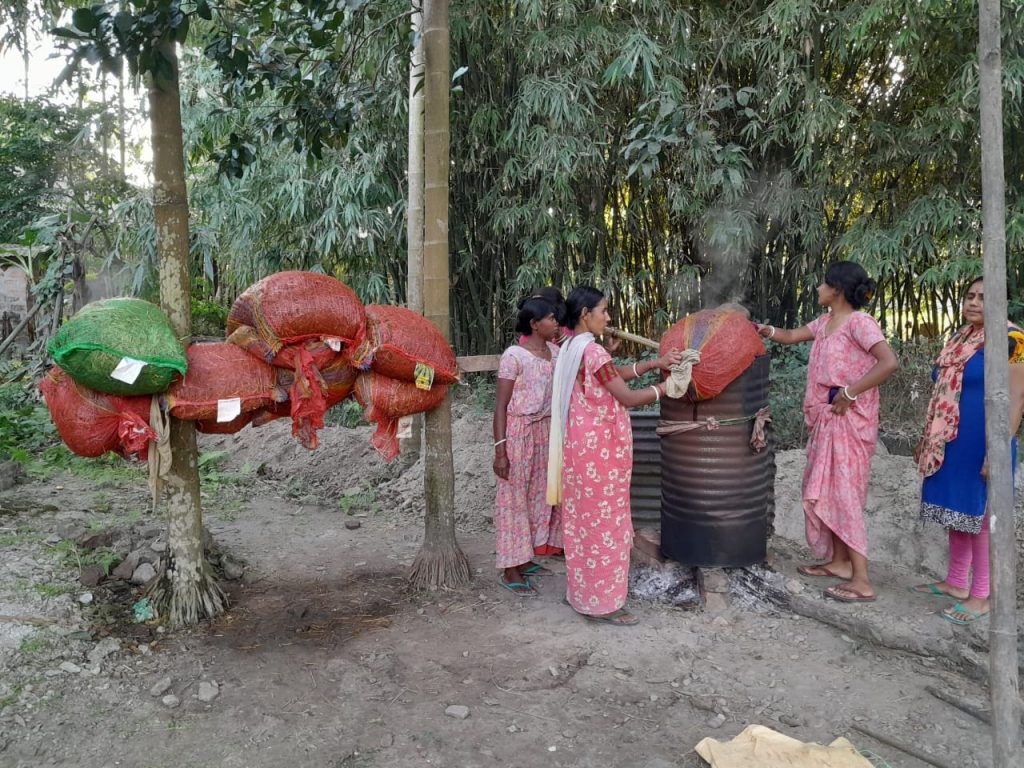
The decision was taken after multiple rounds of consultations with stakeholders including Self Help Groups (SHG), Farmers producer’s groups, civil society etc. Ms. Deka told Indian Masterminds, “Our district’s agro-climatic condition are favourable for Mushroom production. Besides, it has potential to engage the mases due to its low cost and ease of handling.” The rate of mushroom consumption is very high in that area. That’s why its production required more attention. It doesn’t require land mass for cultivation.
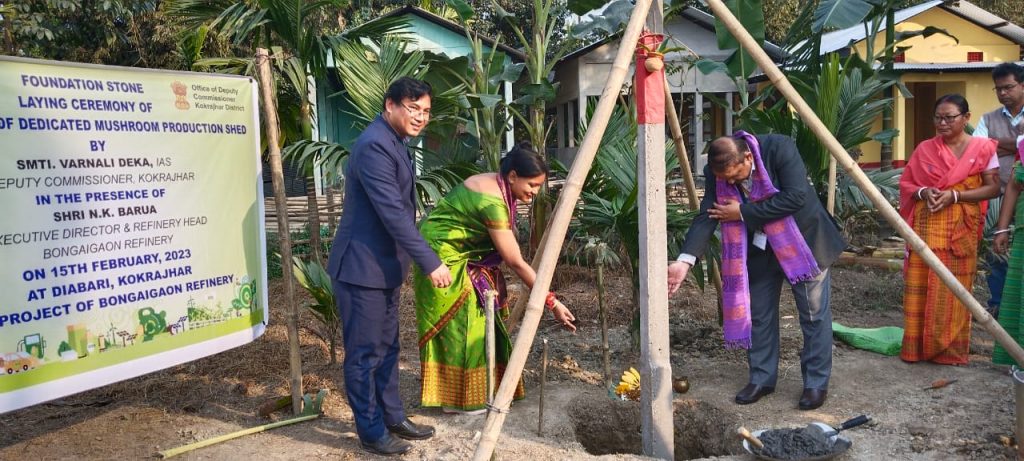
BETTER LIVELIHOOD
Kokrajhar has a significant tribal population who are struggling with low income or poverty. Only a handful of women were part of the work force. In such situation ODOP Mushroom has emerged as the source of better livelihood and income generation opportunities – a product easily handled by women. Now more than 21000 women are growing mushrooms. At present, around 500 plus SHGs, 150 MSMEs and 5000 farmers are engaged in mushroom cultivation.
“It is an easy option especially for women producers and SHGs. Mushroom can also impart diversification and environmental sustainability while addressing concerns towards the UN SDG goals of Zero hunger, health and well-being”, adds Ms. Deka.
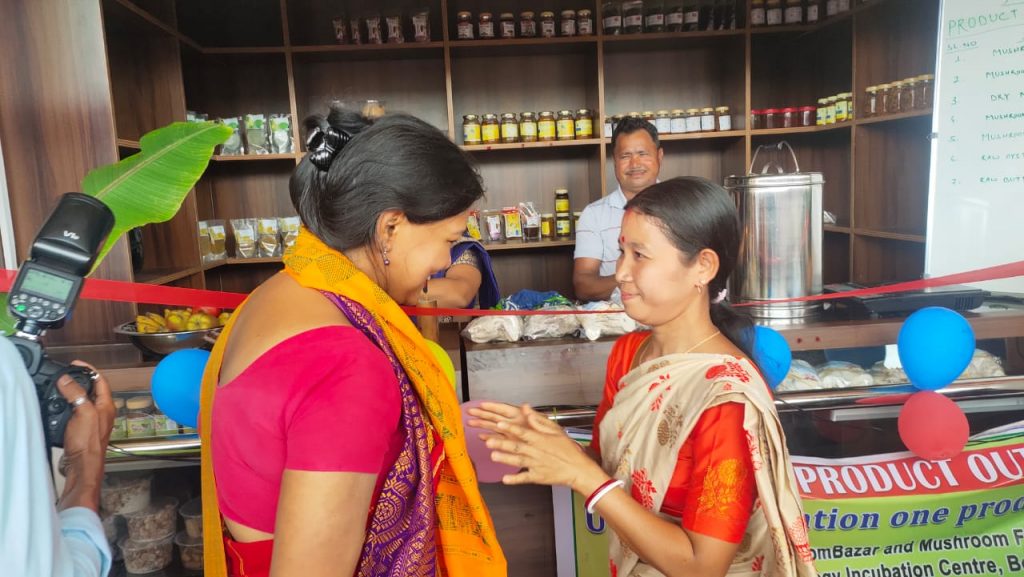
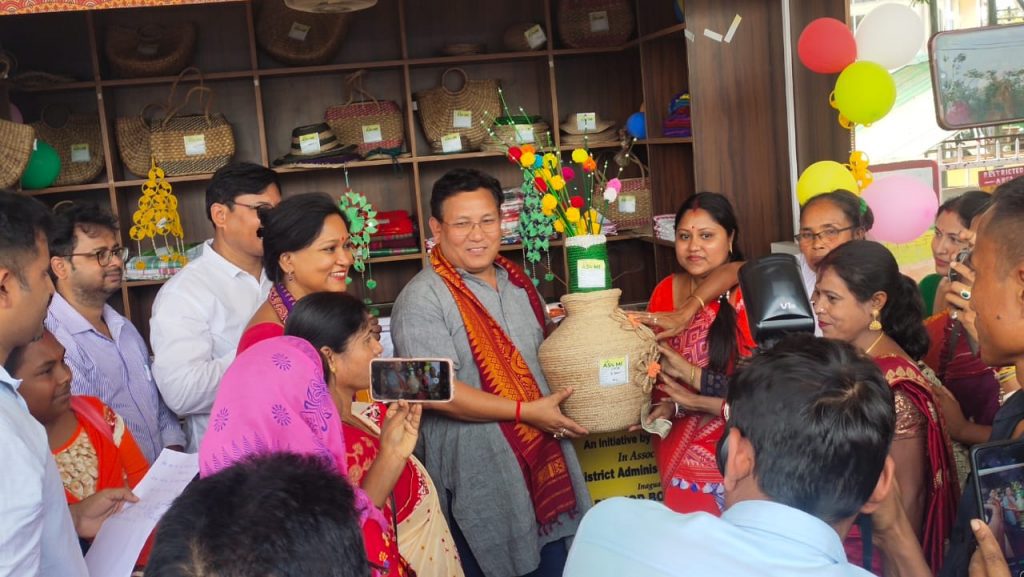
Besides, administration is also focusing on developing by products and derivatives of Mushroom thereby prolonging its shelf life and market value leading to a greater bargaining power for these producer groups.
Also, the region produces 2.74 million tons in surplus of agro-waste/crop residues. Mushroom or mycelia of 20 species were discovered as tool which could bio-convert agro-waste to nutritive low-cost health food and converting agro-waste to bio-fertilizer and in the process give sustainable employment to innumerous rural youth. The officer adds that the raw material costing a paltry sum of Rs 30 within 4 months can deliver a farmer with Rs.50,000 and above. Hence, providing dual mode of generating income.
INCLUSION IN MIDDAY MEAL
Kokrajhar traditionally had high rates of undernutrition, malnourishment, anemia and IMR/MMR. Thus, it was decided to use mushroom as a tool to meet the malnutrition challenge. Mushroom supplement was thus introduced in all schools and AWCs under Mid-day Meal programme. Poshan Clubs were engaged in generating awareness regarding the nutritional benefits of mushroom as a low-cost health food rich in Vitamin D, folic acid and essential elements which are especially good for expecting and lactating mother.
The district administration had also made provision of Mushroom supplements (Biscuits, Soup powder and Fortified noodles) in Mid-Day Meal scheme, to adolescent girls, children in the age group of 6m to 3yrs and SAM/MAM children, thus significantly enhancing demand for mushroom and its products across the district.
IMPACT ON HEALTH
Vast improvements in the nutritional parameters have been witnessed such as the number of underweight children (0-6 years) has gone down by 56 per cent – from 972 to 428, reduction in number of wasted children by 55% from 2477 to 1123 and reduction in children with anemia (6 months to 59 months) by 76% from 4728 to 1160. Convergences with Khelo India has resulted in better nutrition for the budding sportspersons of the District. Maternal mortality rate has also decreased by 72.37%.
Ms. Deka says that the initiatives are being sustained through CSR, crowdsourcing and funding from Sixth Schedule Council. Various NGOs along with KVK, ASLRM and ASULM are effectively training the masses and thereby mobilizing the required human resources.

